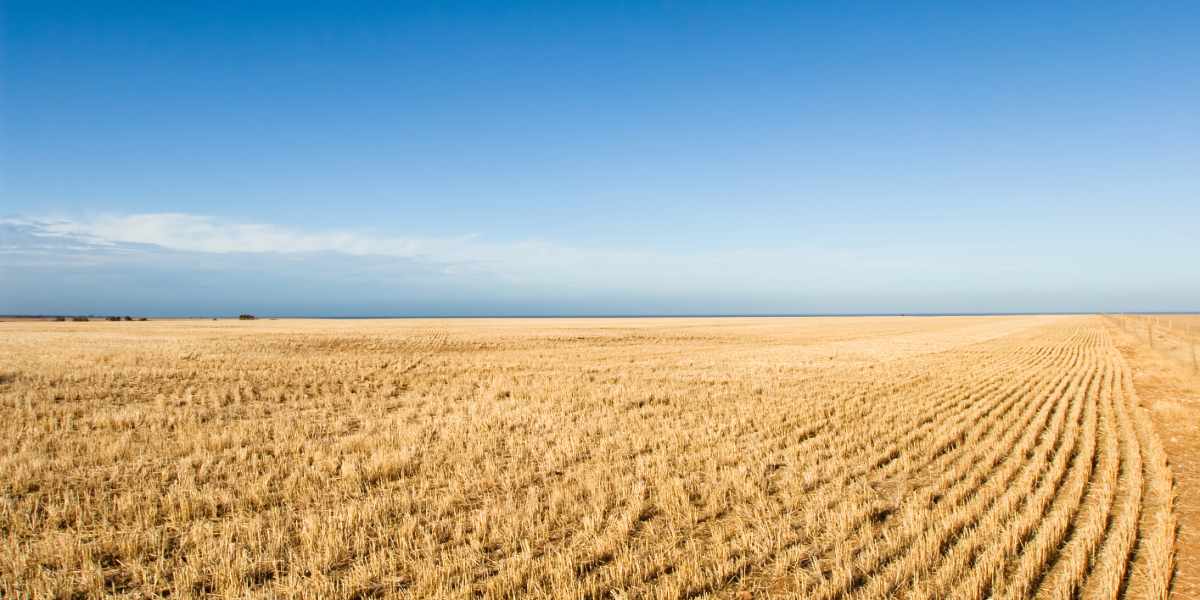Communities across the New England region and other agriculture-dependent parts of regional Australia are set to benefit from a new drought resilience initiative jointly launched by the Foundation for Rural & Regional Renewal (FRRR) and the Australian Rural Leadership Foundation (ARLF), under the Commonwealth’s Future Drought Fund.
The $36 million Communities Program, announced earlier this year by Agriculture Minister Julie Collins, aims to bolster social resilience in rural and regional areas through a mix of grants, leadership development and community capacity-building. The funding will be rolled out over three years.
The program expands on previous initiatives under the Future Drought Fund, including the Helping Regional Communities Prepare for Drought Initiative, the Networks to Build Drought Resilience, and the Drought Resilience Leaders programs.
Communities in the New England region, including LGAs such as Armidale Regional, Glen Innes Severn, Inverell, Tenterfield and Walcha, are eligible to apply for support through two initial funding streams that opened this week.
Small Network Grants provide up to $50,000 for local organisations to deliver events and initiatives that strengthen social connectedness and wellbeing—critical tools for preparing communities for future droughts. A total of $3 million is available nationwide, with about $1 million allocated per funding round.
Projects may include:
- Community events and training workshops
- Upgrades to small-scale community infrastructure
- Initiatives to strengthen social, professional or leadership networks
Targeted at areas with approved drought resilience plans, Regional Drought Resilience Plan (RDRP) Social Outcome Grants provide up to $100,000 per region to bring community-identified projects to life. Funding may be used for similar activities as the Small Network Grants but must align with an existing RDRP.
FRRR Chief Executive Officer Natalie Egleton said communities across rural and remote Australia already show remarkable resilience, but more can be done to prepare proactively.
“People in agricultural regions like New England know better than most that drought is inevitable and isolating,” Ms Egleton said.
“We want to see communities less reactive and more prepared—whether through improved infrastructure, stronger community ties, or local leadership development.”
To be eligible, organisations must be not-for-profit and located in agriculture-dependent LGAs, holding an ABN or Incorporation Certificate.
To find out if your organisation or community is eligible for support under the Future Drought Fund’s Communities Program, visit: frrr.org.au/funding/fdf-communities.
Don’t miss any of the important stories from around the region. Subscribe to our email list.

